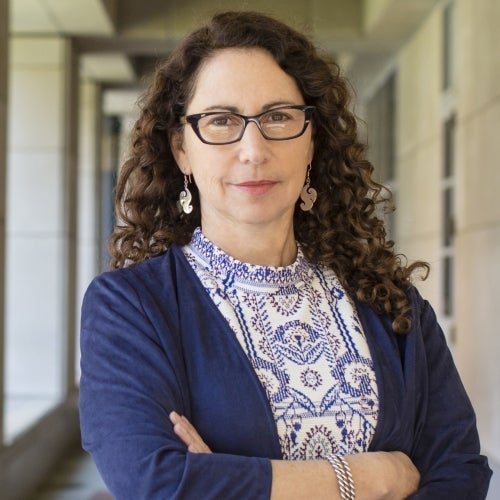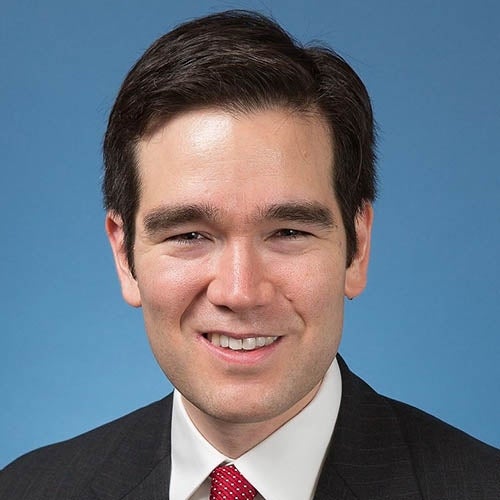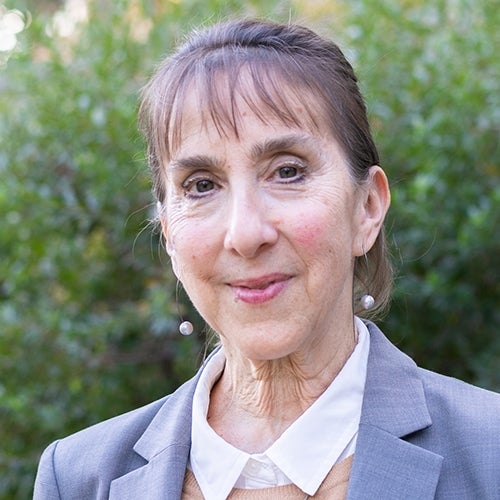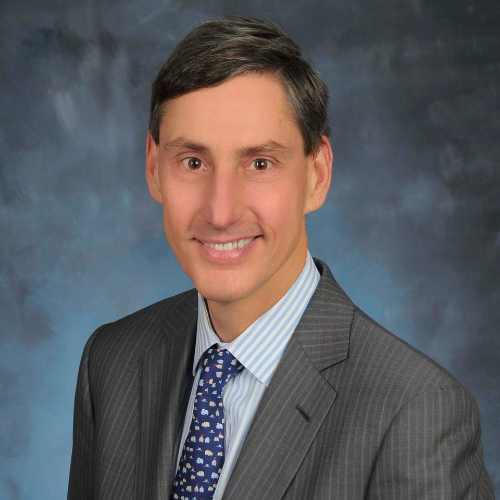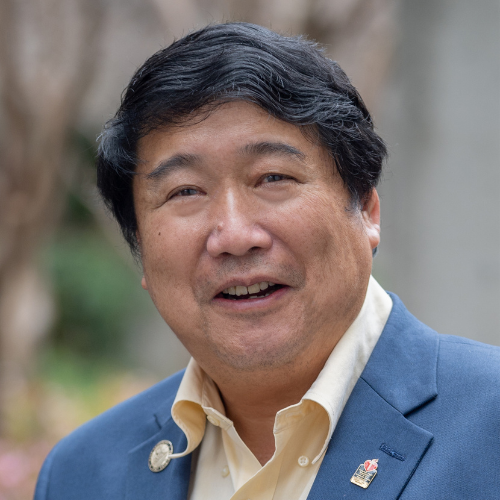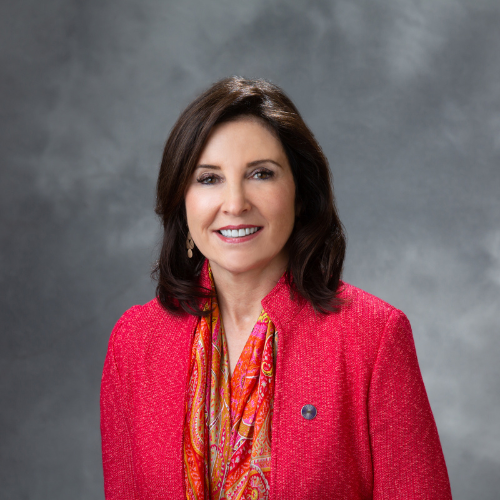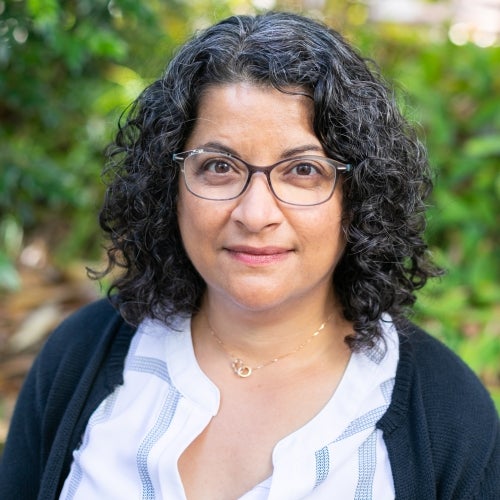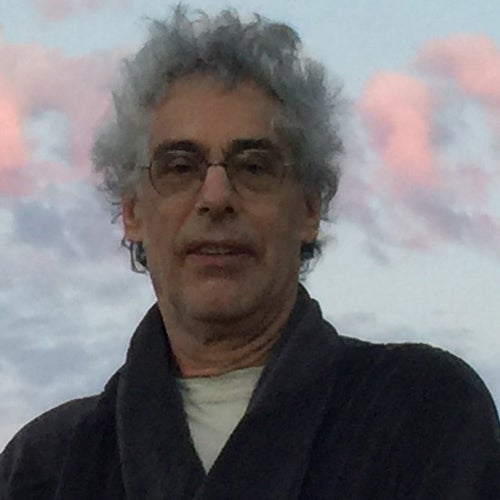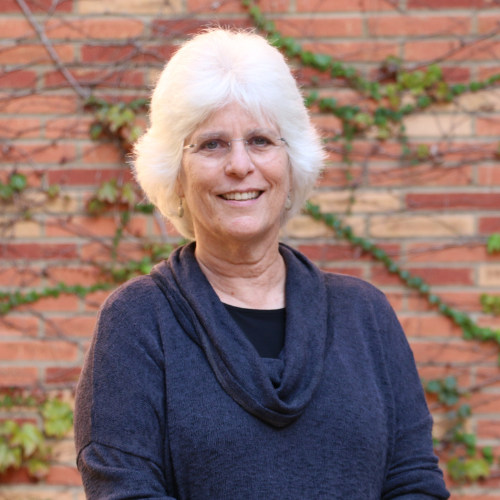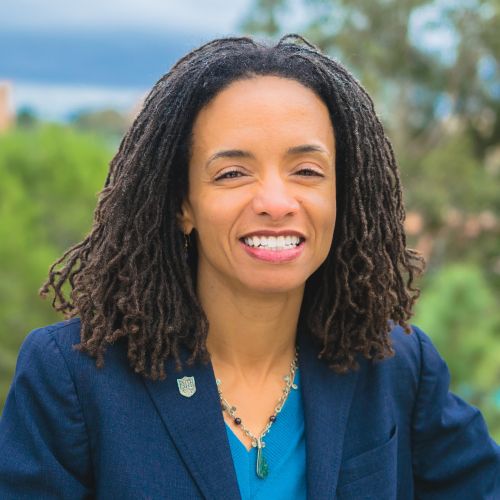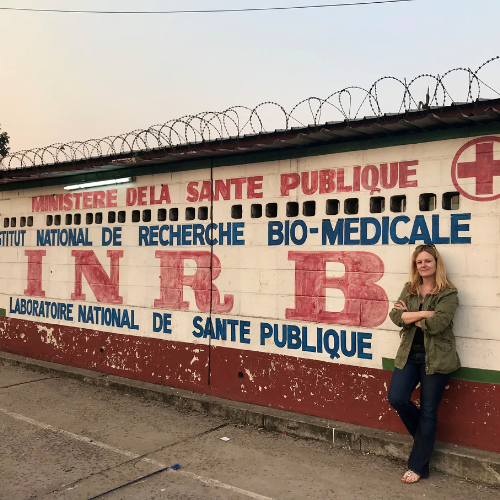"Monkeypox is a new global threat. African scientists know what the world is up against"
Science interviewed Dr. Anne Rimoin, professor of epidemiology, about where the current monkeypox outbreak started.

As monkeypox stokes here-we-go-again fears in a pandemic-weary world, some researchers in Africa are having their own sense of déjà vu. Another neglected tropical disease of the poor gets attention only after it starts to infect people in wealthy countries. “It’s as if your neighbor’s house is burning and you just close your window and say it’s fine,” says Yap Boum, an epidemiologist in Cameroon who works with both the health ministry and Doctors Without Borders.
Now, the fire is spreading. The global outbreak of monkeypox, which causes smallpoxlike skin lesions but is not usually fatal, surfaced on 7 May in the United Kingdom. More than 700 suspected and confirmed cases had been reported as of 31 May, from every continent other than Antarctica. It is the largest ever outbreak outside of Africa and is concentrated among men who have sex with men, a phenomenon never seen before. Public health officials and scientists are scrambling to understand how the virus spreads and how to stop it—and they are paying new attention to Africa’s long experience with the disease.
“We are interdependent,” Boum notes. “What is happening in Africa will definitely impact what is happening in the West and vice versa.”
Faculty Referenced by this Article
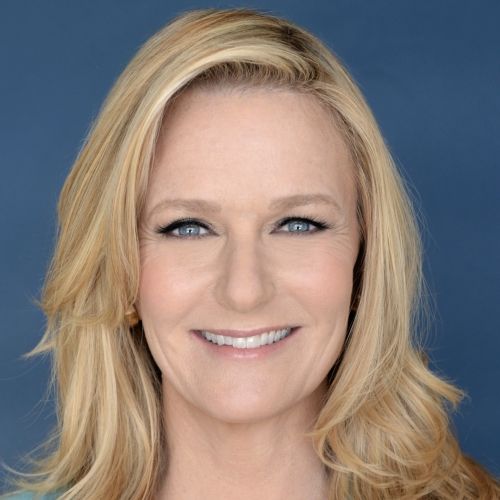
Dr. Anne Rimoin is a Professor of Epidemiology and holds the Gordon–Levin Endowed Chair in Infectious Diseases and Public Health.

Robert J. Kim-Farley, MD, MPH, is a Professor-in-Residence with joint appointments in the Departments of Epidemiology and Community Health Sciences

Dr. Joseph Davey is an infectious disease epidemiologist with over 20 years' experience leading research on HIV/STI services for women and children.

